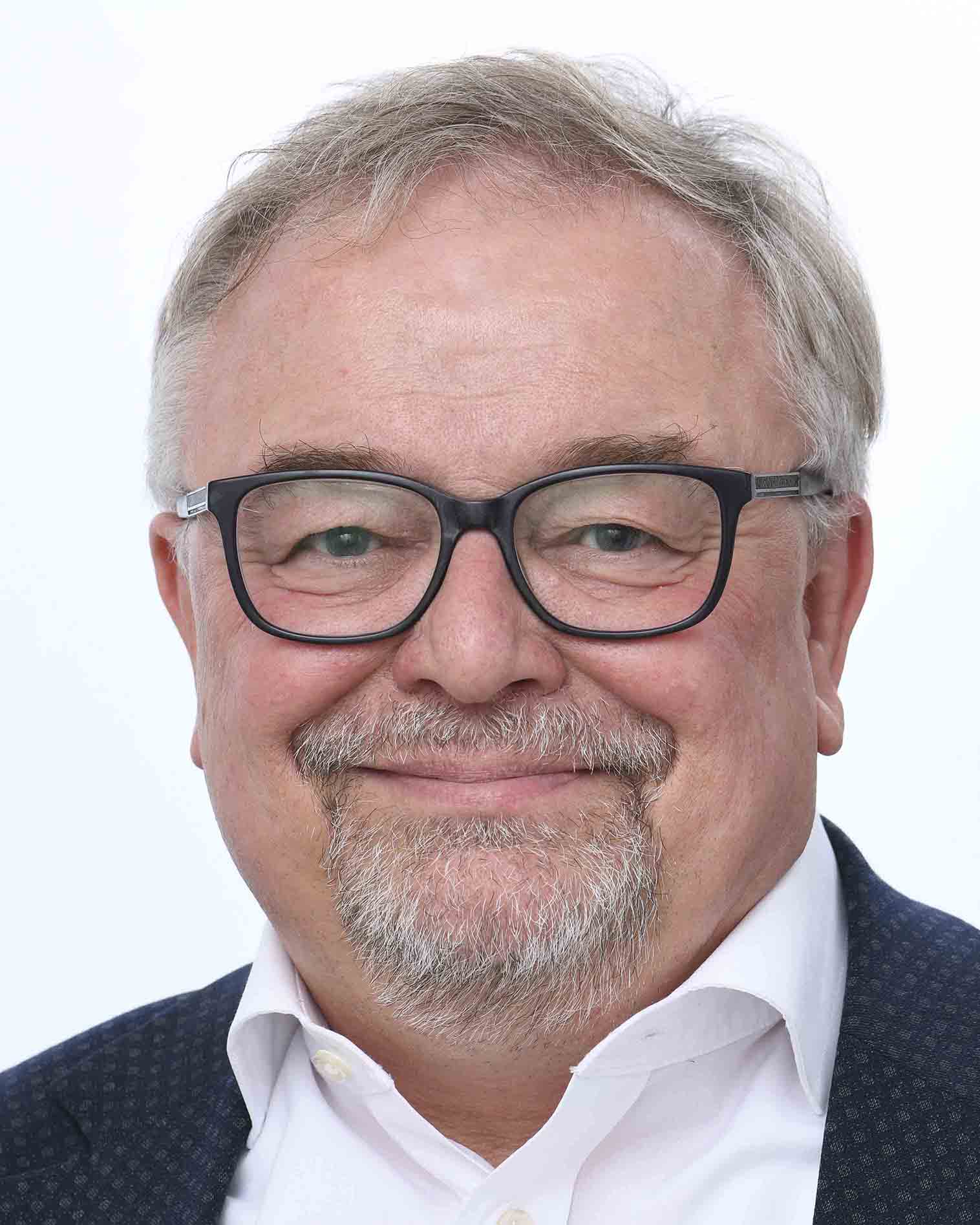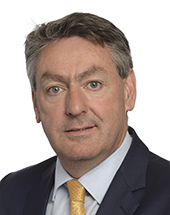
Choisissez la langue de votre document :
- bg - български
- es - español
- cs - čeština
- da - dansk
- de - Deutsch
- et - eesti keel
- el - ελληνικά
- en - English
- fr - français
- ga - Gaeilge
- hr - hrvatski
- it - italiano
- lv - latviešu valoda
- lt - lietuvių kalba
- hu - magyar
- mt - Malti
- nl - Nederlands
- pl - polski
- pt - português
- ro - română
- sk - slovenčina
- sl - slovenščina
- fi - suomi
- sv - svenska
|
| Postopek : 2022/2560(RSP) |
| Potek postopka za dokument : | ||||||
Predložena besedila : RC-B9-0197/2022 | Razprave : PV 06/04/2022 - 3CRE 06/04/2022 - 3 | Glasovanja : PV 07/04/2022 - 6.6CRE 07/04/2022 - 6.6 Obrazložitev glasovanja | Sprejeta besedila : P9_TA(2022)0121 | |||
| Dobesedni zapisi razprav |
|
|
| Sreda, 6. april 2022 - Strasbourg | Pregledana izdaja |
|
| Zadnja posodobitev: 1. julij 2022 | Pravno obvestilo - Varstvo osebnih podatkov |

































































